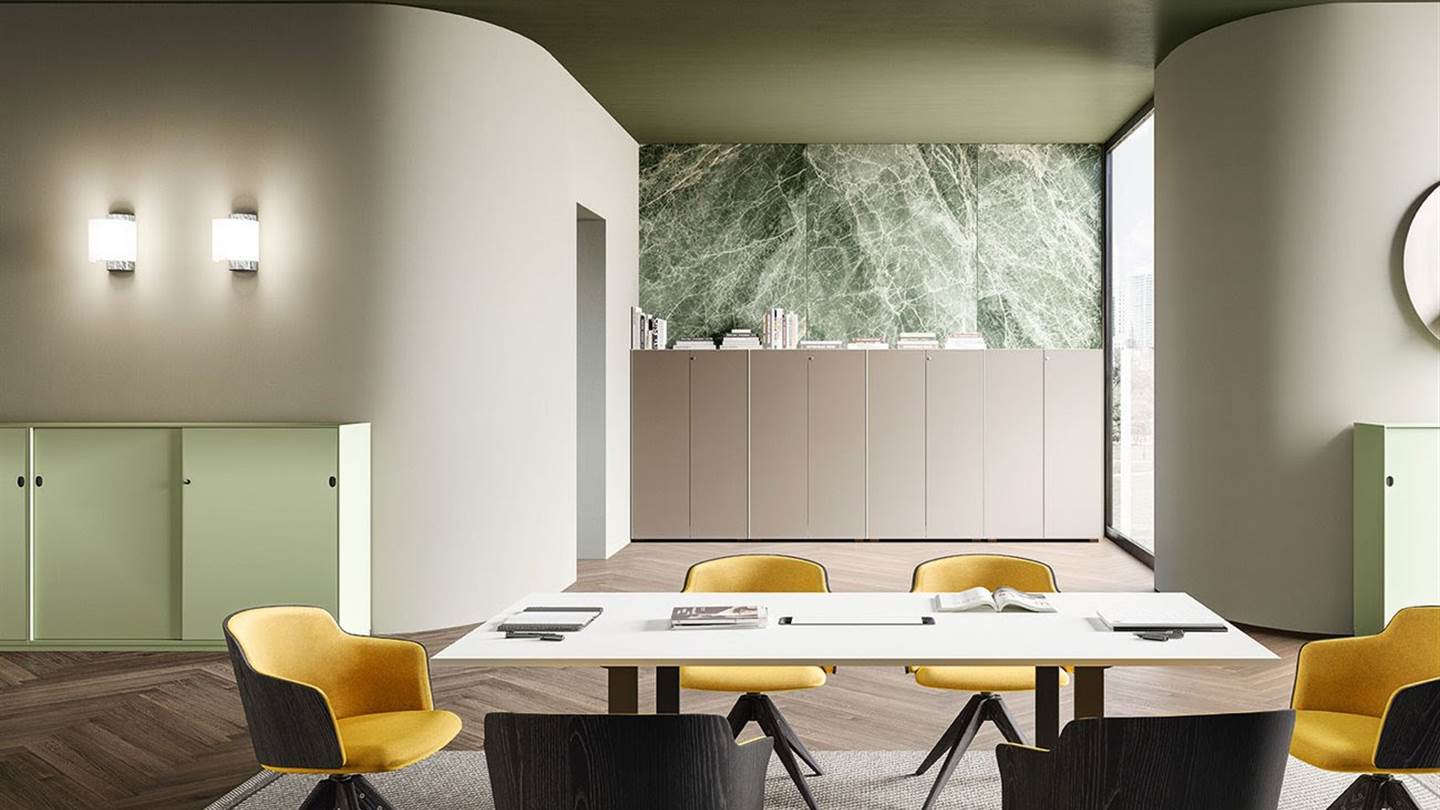As we spend
most of our time in working environments, the importance of the relationship
between psychology and Evidence Based Design is becoming increasingly apparent.
The spaces
around us influence not only our productivity but also our mental and emotional
well-being.
The alliance
between Psychology and Evidence-Based Design provides some valuable tips for
design and planning:
1. The
power of natural light: environmental psychology teaches us how light
profoundly influences our emotional state and performance, and recommends we
use natural and artificial light sources in harmony with circadian rhythms.
2. Structure
and spatiality: the layout of spaces can influence social interaction and
concentration. Evidence-Based Design directs us towards creating environments
divided into zones, which allow a balance to be achieved between periods of
collaboration and periods of privacy.
3. Colours
and sensations: the choice of colours and tones has a direct emotional impact
on people. This perspective can be used to select colours that promote
well-being and motivation.
4. Comfort and
physical well-being: physical well-being is essential to mental health. Evidence-Based
Design promotes the use of ergonomic furniture, dynamic and flexible structures
and comfortable spaces.
5. Participation
of users: a fundamental aspect, linked with the subject of inclusiveness, is
the active participation of users in the design process.
6.
Universal Design and accessibility: the inclusive approach of Evidence-Based
Design embraces the concept of Universal Design, aiming to create accessible
environments for everyone, regardless of their physical capabilities.
The
synergistic integration of psychology and Evidence-Based Design offers us the
key to creating work environments that not only meet the specific functional
needs of each environment but are also able to actively support the
psycho-physical well-being of all workers.
















